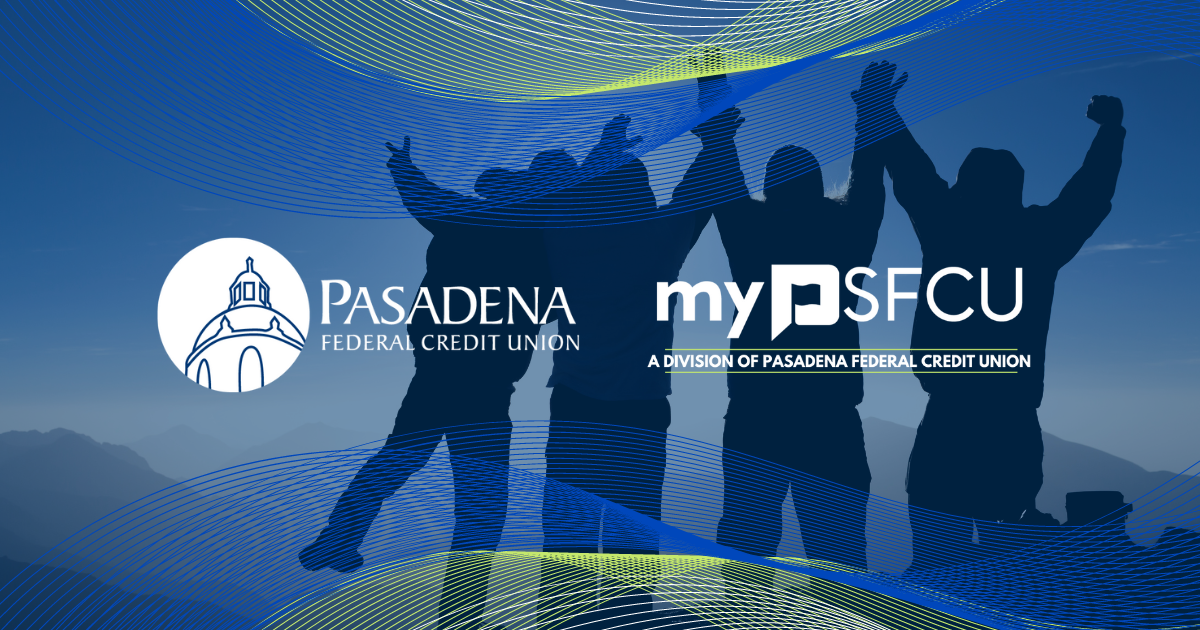Recently, the U.S. Department of the Treasury’s Financial Crimes Enforcement Network (FinCEN) has issued a critical alert to U.S. financial institutions and the public, shedding light on a prevalent virtual currency investment scam known as “pig butchering.” This deceptive scheme, akin to fattening a hog before slaughter, exploits fictitious identities, false relationships, and elaborate narratives to deceive victims. The term “pig” is used to describe the victims, who are manipulated into trusting partnerships, only to be metaphorically “butchered” when their assets are stolen, causing severe financial and emotional harm.
These scams often involve convincing victims to invest in virtual currency or engaging in over-the-counter foreign exchange schemes, all with the ultimate aim of defrauding them of their hard-earned money. Shockingly, these scams are primarily orchestrated by criminal organizations based in Southeast Asia, using victims of labor trafficking to reach millions of unsuspecting individuals globally. U.S. law enforcement estimates reveal that victims in the United States have lost billions of dollars to these scams and other virtual currency investment frauds.
FinCEN, in collaboration with law enforcement agencies, has identified specific indicators to help detect, prevent, and report potential suspicious activity related to pig butchering. While no single red flag can conclusively indicate illicit or suspicious behavior, financial institutions are urged to consider the surrounding facts and circumstances. This includes a customer’s historical financial activity, whether transactions align with prevailing business practices, and whether multiple red flags are present before determining if a behavior or transaction is suspicious or indicative of pig butchering.
Indicators to Recognize Pig Butchering Scams:
- Unsolicited Contacts: Be cautious of unsolicited messages or contacts, especially on social media or dating apps, from strangers promising lucrative opportunities or relationships.
- Personal Information Protection: Avoid oversharing personal information on social media platforms. Scammers often use seemingly harmless details to build trust and manipulate victims.
- Cease Communication: If you suspect you’re being targeted, stop communicating with the scammer immediately. Collect evidence of your interactions, such as screenshots or messages, to aid authorities in their investigation.
- Report to Authorities: Report the scam to the relevant authorities promptly. This not only helps protect yourself but also contributes to the collective effort to combat these fraudulent activities.
- Financial Caution: Never send money to anyone you’ve only interacted with online or by phone. Legitimate financial transactions should be conducted through secure and verified channels.
- Skepticism Towards Guarantees: Be skeptical of anything promising guaranteed rates of return or assurances that you’ll double your money. Fraudsters often use such tactics to lure victims into their schemes.
In an era where technology connects us globally, it’s crucial to stay vigilant against evolving scams. As your trusted financial partner, we are committed to providing you with the information and tools necessary to safeguard your financial well-being. By staying informed and following these guidelines, we can collectively protect our community from falling victim to the “Pig Butchering” scam and similar financial frauds. If you have any concerns or suspect fraudulent activity, please don’t hesitate to reach out to our dedicated support team. Together, we can build a safer and more secure financial environment for all our members.




